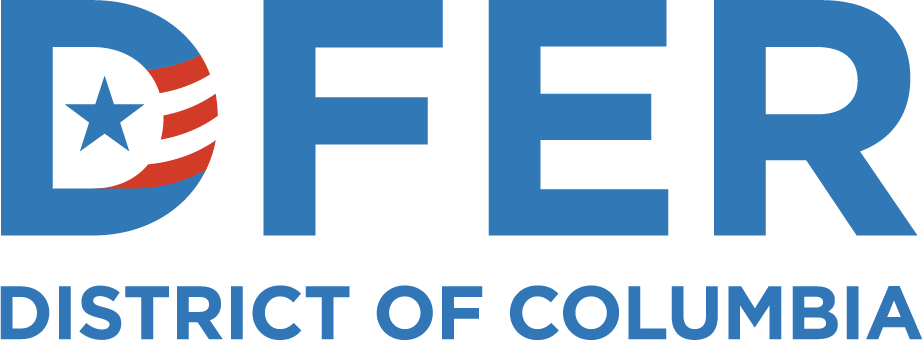ERNA DC Testifies Against Redundant Governance Proposals and for Equitable Education Reforms
Jessica Giles
Executive Director
Education Reform Now Advocacy - DC
Good evening Executive Director Butler, State Board Representatives, Student Representatives, and staff. My name is Jessica Giles. I am a ward 7 resident and the Executive Director of the DC Chapter of Education Reform Now Advocacy (ERNA), an organization advocating for a just and equitable public education system for all students. I am pleased to testify today.
Panel on Education as a Civil Right
“Under Federal law, States and local educational agencies are obligated to provide all children – regardless of immigration status – with equal access to public education at the elementary and secondary level.”[1] This, however, does not guarantee all residents the right to a “quality” education or even a “high-quality” one. (In fact, I’m a long-time DC resident, but I’m originally from South Carolina, and its constitution states that students should only receive a minimally adequate education, which is reprehensible.)
Ensuring students have a civil right to high-quality public schools is an approach worth considering. However, there are some questions that need to be answered to ensure this approach is more than just an aspirational mandate.
First, it would be important to know how the standard of education is defined. In other words, what are high-quality schools?
Second, are there going to be penalties that will be associated with D.C. public schools’ failure to provide “high-quality” public schools? If so, what are they? What direct or indirect impact would that have?
Third, how would this standard and penalties impact our court system, D.C. agencies, and funding for public education as a whole?
Any resolution and forthcoming legislation would need to clearly address all three of these questions. Finally, despite the State Board’s goal to prevent or limit lawsuits challenging the new standard, this type of guaranteed civil right would ultimately be challenged in court.
SR24-25 Establishing the State Board Authority Working Group
I urge the SBOE members to vote “no” on SR24-25, Establishing the State Board Authority Working Group. In February of 2021, the State Board established an ad-hoc Board Governance Committee. For two years, the State Board conducted research and engagement on the issue of state board authority, which included surveys, focus groups, and community feedback. I remember because I provided feedback, encouraged my community to share comments, and also testified on this issue. The State Board then created a report and voted on the Changes to Education Governance in DC at the last public meeting in 2022.[2] Further discussion on this topic is not necessary. We’ve been here before, and it's starting to feel like Groundhog Day.
In closing, we’ve had major setbacks in academic proficiency because of the pandemic, our city is facing less revenue than we have in the past, and we are going into next year under a new President and Congressional members with zero respect for public education or for individuals that have been historically marginalized. I’d urge the State Board to focus its efforts on ensuring that all public schools provide students with a high-quality education by advancing evidence-based practices that improve student attendance, public school choice, literacy, math, and secondary pathways to college and career. Thanks for allowing me to testify.
[1] United States Department of Education. Source: https://www.ed.gov/sites/ed/files/policy/rights/guid/unaccompanied-children.pdf
[2] 2022-12-21-SR22-17-SIGNED-Recommendations on Changes to Education Governance in DC.pdf
WASHINGTON, DC: 4301 50th St. NW, Suite 300, #2028 NW Washington, DC 20016 · NEW YORK CITY: 276 5th Avenue, Suite 704 #915, New York, NY 10001
